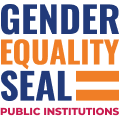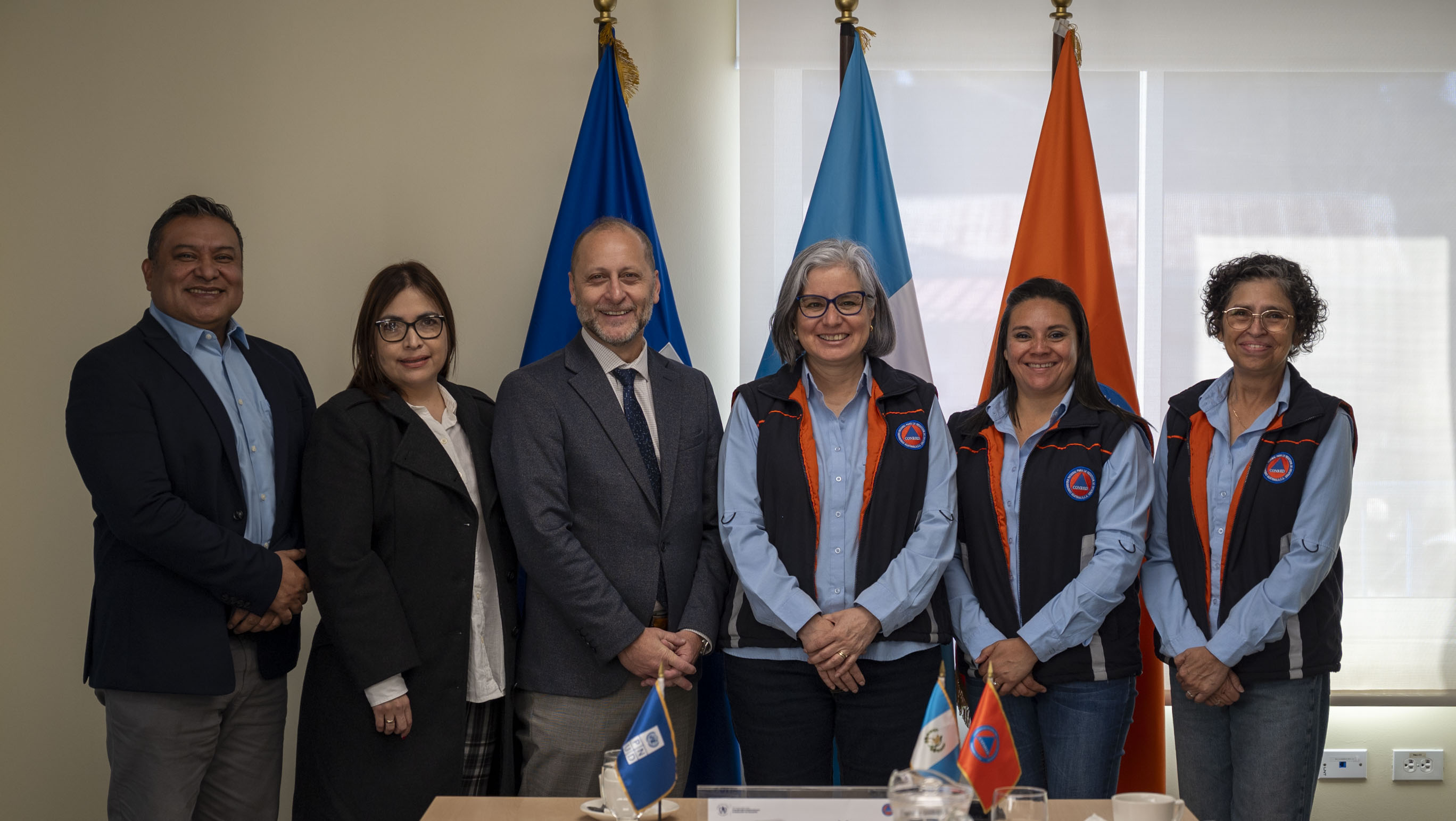Gender equality and inclusion in public auditing took center stage at a recent webinar co-hosted by INTOSAI Development Initiative (IDI) and the UNDP Gender Seal Team. The event highlighted best practices, successful initiatives, and key strategies for integrating gender-responsive governance in Supreme Audit Institutions (SAIs).
As part of the webinar, UNDP presented the Gender Equality Seal for Public Institutions, emphasizing its role in helping organizations institutionalize gender-responsive policies. The Seal serves as a powerful framework for strengthening governance structures, promoting inclusive leadership, and embedding gender perspectives into decision-making and auditing processes.
A key part of the discussion was dedicated to the experience of SAI Brazil (TCU – Tribunal de Contas da União), which shared insights into its gender equality and inclusion governance frameworks. As part of IDI’s Equal Futures Audit (EFA) Changemakers initiative, TCU has been working to assess and improve gender-sensitive policies in its audit practices.

One of TCU Brazil’s most impactful initiatives is its upcoming audit on gender-inclusive public procurement. The audit will evaluate the implementation of Brazil’s Public Procurement Law (Lei de Licitações), which mandates that at least 8% of outsourced jobs in public institutions be allocated to women who are victims of violence. This initiative is a step toward economic empowerment and social inclusion, ensuring that procurement processes actively support vulnerable women.
The discussion also highlighted IDI’s Leave No One Behind (LNOB) audit framework, which helps SAIs assess whether public policies uphold the LNOB principle. In this context, Maria Lucia Lima, Senior Manager in the Professional and Relevant SAIs Department and one of the four IDI’s Gender and Inclusion Champions, highlighted the Cooperative Audit of Sustainable Public Procurement (CASP), an initiative using data analysis to promote sustainable, gender-inclusive procurement practices – central to furthering the UN SDGs.
During the webinar, TCU Brazil further detailed its journey as part of the UNDP Gender Seal program, detailing key achievements, challenges, and lessons learned from its implementation. Since joining the Gender Seal on March 12, 2025, TCU has taken concrete steps to embed gender equality into its governance and audit work. These steps include completing an audit on the prevention and combat of harassment in federal universities (as part of IDI’s EFA Changemakers initiative), developing a Gender Equality Capacity Building Plan, and discussing a draft of the Institutional Gender Equality, Race, and Diversity Policy. TCU also emphasized key lessons learned, such as the need for strong coordination between finalistic and administrative gender-sensitive initiatives, and highlighted the Seal’s role as a catalyst for change in the planning process.
The event concluded with an engaging discussion, where participants exchanged insights on best practices and future directions for gender-responsive public auditing. This initial collaboration between IDI and UNDP Gender underscores the growing recognition that gender-responsive governance is essential for effective public financial management.
TCU Brazil’s leadership in gender-responsive audits and its participation in the UNDP Gender Seal offer a promising path for other SAIs aiming to enhance their institutional commitment to gender equality. As more SAIs integrate gender perspectives into their audit work, public sector accountability will play a greater role in building inclusive and equitable societies.










